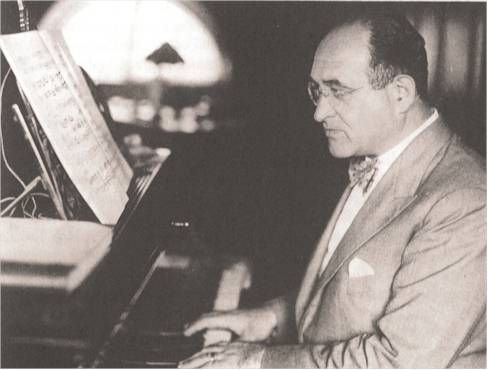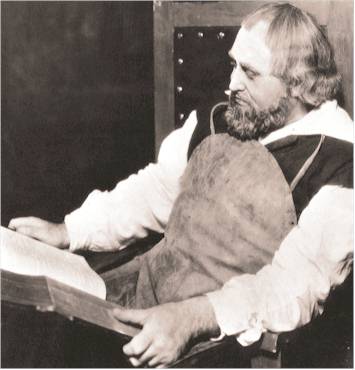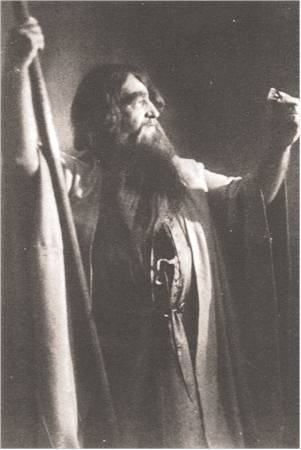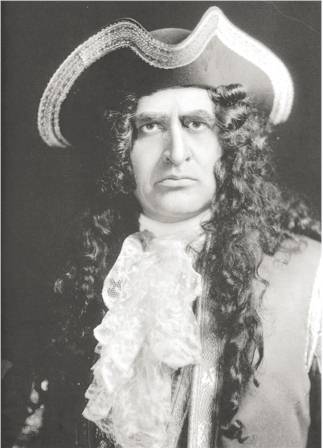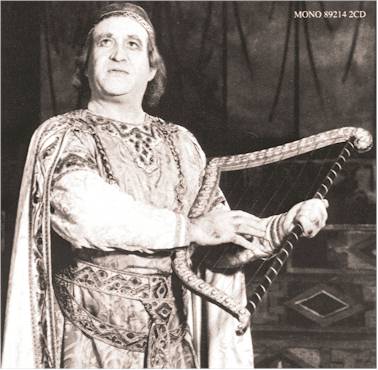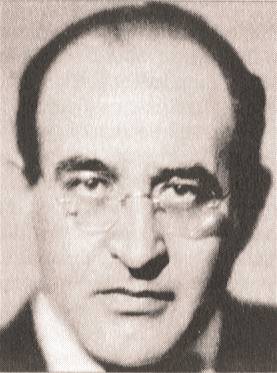Hungarian-American bass-baritone, 1889 - 1953
Biographical notes:
He was born in Nagyvarád in Hungary and intended to become a lawyer. His father was a renowned Jewish cantor who had a first-class baritone voice himself. His son Friedrich had a
beautiful voice and studied singing at Brno with Adolf Robinson, the teacher of Leo Slezak. Robinson recommended the young bass-baritone to the management of the Chicago Opera and,
during his vacation, he had the opportunity to appear in small roles. He made his debut at Graz as Wotan in Walküre! His success was great and Schorr was immediately offered a four-year
contract. He remained there until 1916. His fame as a Wagner singer spread rapidly. From 1916 until 1923 he appeared at the opera houses of Prague and Cologne and became a guest star of the
Berlin Staatsoper, Covent Garden and Bayreuth. He also sang roles like Amonasro, Escamillo, Barak, Borromeo, Dr. Faust (Busoni), Scarpia, Michele and Pizarro. The main part of his career,
however, he spent in the U.S.A. Impresario Gatti-Casazza heard him as Hans Sachs and engaged him in 1923. Friedrich Schorr appeared at the Met until 1943 and made guest appearances all
over the world. In March 1943 he gave his farewell performance at the Met in Siegfried. He continued to appear in concerts and became director of Manhattan School of Music in New York.
He also directed productions at the City Centre Opera in New York. He was also a very successful vocal coach.
Unsurpassed as Hans Sachs “General culture today, as in great periods of the past, demands musical literacy for all.” Friedrich Schorr
Unsurpassed as Wotan
“More widespread than Schorr’s personal teaching was the influence his singing had by example and reputation. His great principle was that Wagner should be sung, as far as possible, following the best Italian methods of voice-production and style. He insisted on the primary importance of the vowels, and said that he himself would approach a performance of Wotan’s Farewell with as much care for the cantilena, the legato singing-line, as if it were one of the baritone solos in Un Ballo in maschera. It is a principle to which most subsequent Wagnerian singers will at any rate pay lip-service.” (J.B. Steane, Singers of the Century, Volume 2)
As Don Pizarro (photo by Herman Mishkin)
As Wolfram von Eschenbach
As Barak in “Die Frau ohne Schatten” Comment:
Friedrich Schorr is the most important Wagner baritone of all time. We should not forget that he was a singer with a wider repertoire than we tend to remember. There was not only Wagner!
There is a lot to admire in his singing. His voice is of great beauty and majesty. He has a resonant mezza voce and he is a master of coloring his voice. His steady legato flow of tone even in
declamatory passages is unique in my opinion (you will never find the so called “barking tone”). His singing is full of inner emotion.
He is unique and incomparable as Wotan and Hans Sachs. The first aria of Der fliegende Holländer (Die Frist ist um) is sung in a great vocal style.
Listen to his lieder recordings, they are very fine indeed. And last but not least, listen to the Met live performances in which we hear him as a warm and noble singer towards the end of his career
(with some difficulties in the top register).
|
||||||||||||||||||||||||||||||||||||||||||||||||||||||
